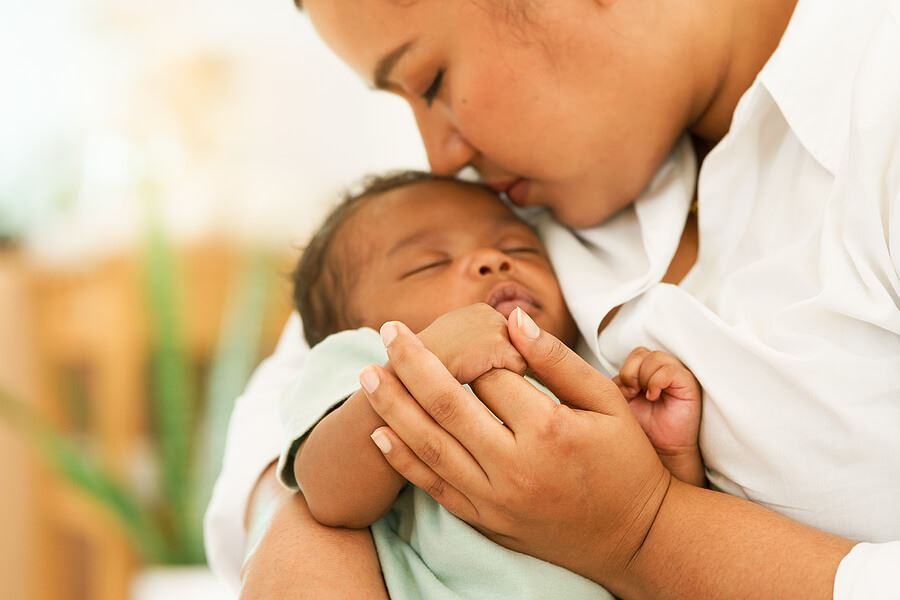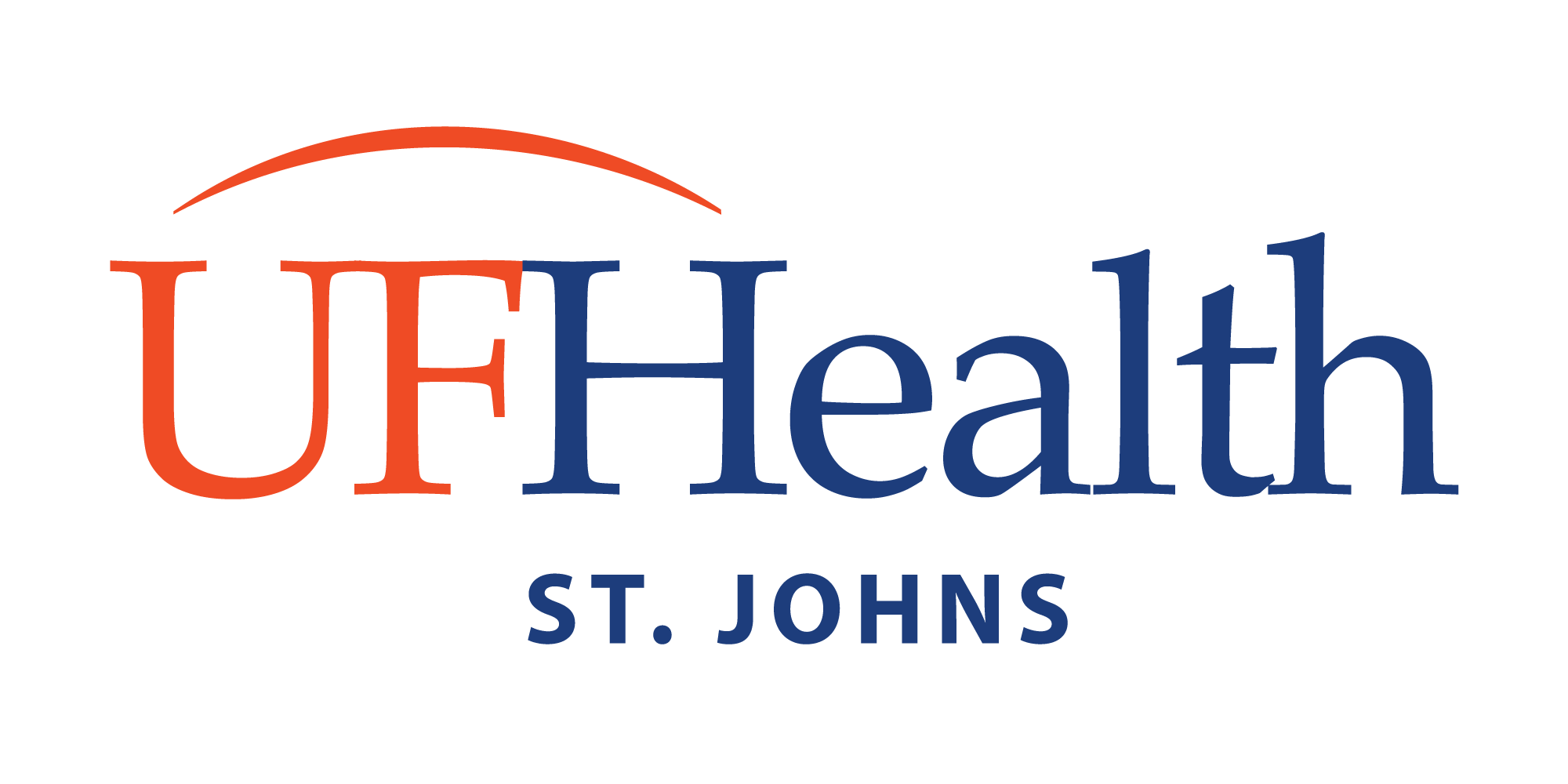Navigating Postpartum Challenges: Tips and Advice
- Category: Blogs
- Posted On:

The birth of a newborn baby always brings a lot of joy and happiness to a home. While these are big joyful events, Parenthood is also an extremely challenging period for them, as they have a lot of new emotions to deal with, ranging from anxiety to sadness and exhaustion. This is not including other postpartum challenges, such as sleepless nights and even worrying about how to prevent postpartum hair loss mothers suffer from during the postpartum period.
The postpartum period in women begins after childbirth and extends sometimes even as long as a couple of weeks after delivery. The mother's emotions might fluctuate during this period, leading to physical and mental issues and sometimes postpartum psychosis. What is postpartum psychosis? A severe mental illness that can affect a new mom immediately after birth and should be treated with urgent medical attention. To navigate postpartum challenges, let's talk about identifying signs of postpartum depression.
Difference Between Postpartum Psychosis and Postpartum Depression
Postpartum psychosis and depression are mental health disorders that can occur after childbirth but have distinct characteristics and severity levels. Here are the main differences between the two:
1. Onset and duration
Postpartum psychosis is rare and usually develops within the first few weeks after childbirth. It can escalate rapidly, with symptoms often appearing suddenly and intensifying over a short period. Postpartum psychosis is considered a psychiatric emergency and requires immediate medical attention.
Postpartum depression typically emerges within the first few months after giving birth, although it can also start during pregnancy. The symptoms of postpartum depression tend to develop gradually and persist for an extended period, potentially lasting several months or even longer if left untreated.
2. Symptoms and severity
Postpartum psychosis is a severe condition characterized by a significant loss of touch with reality. Symptoms may include hallucinations, delusions, disorientation, agitation, paranoia, severe mood swings, confusion, insomnia, and thoughts of harming oneself or the baby. Women experiencing postpartum psychosis require immediate medical intervention and may need hospitalization.
Postpartum depression is a depressive disorder that can manifest as persistent feelings of sadness, hopelessness, fatigue, irritability, difficulty bonding with the baby, changes in appetite, sleep disturbances, anxiety, and thoughts of self-harm or harming the baby. While postpartum depression is a serious condition, it does not involve the same level of psychosis as postpartum psychosis.
3. Risk factors
Women with a personal or family history of bipolar disorder, previous episodes of postpartum psychosis, or a history of psychiatric disorders have an increased risk of developing postpartum psychosis. Sleep deprivation, severe stress, and hormonal changes after childbirth can also contribute to its onset.
A personal or family history of anxiety or other mental health disorders, a difficult or traumatic childbirth experience, a lack of social support, financial stress, and hormonal fluctuations during pregnancy and postpartum are all risk factors for postpartum depression.
4. Treatment
Immediate medical attention is crucial for postpartum psychosis. Hospitalization is often necessary to ensure the safety of both the mother and the baby. Treatment typically involves a combination of medication (such as antipsychotics or mood stabilizers) and therapy.
Treatment for postpartum depression may include therapy, such as cognitive-behavioral therapy (CBT), support groups, and medication (such as antidepressants). The specific treatment plan will depend on the severity of the symptoms and the individual's needs.
Tips for Coping with Postpartum Challenges or How to Help Postpartum Anxiety.
Having A Good Support System
Doing it all alone, especially as a first-timer, is difficult. It is best to have family or even close friends around who help with chores, bring food over when you are too tired to prepare meals, or even a supportive partner who helps get things done in and around the house. This removes the feeling of isolation, helps reduce stress, and allows the body to heal physically and adequately, whether the delivery is vaginal or by caesarian section.
Eat Healthy
During pregnancy, the body puts on a lot of added fat. Eating healthy and balanced diets during the PPD period helps the body regulate and revert faster to normal. These meals should involve fruits, grains, and vegetables and contain fewer carbohydrates. These calories are easier to burn and also help boost your mood and energy levels.
Get enough rest
The physical stress of labor and subsequent sleepless nights tending to the new baby can overwhelm you. Hence, getting enough rest is vital and will aid the healing process. An helpful tip is to sleep when your baby sleeps. If you have family or close friends, allow them to help you while you take a quick nap.
Get moving
Physical activity or exercise helps the body release feel-good hormones and endorphins that help to steady a troubled psyche. It could be a stroll or just an opportunity to sweat a little and get some fresh air; these activities help improve energy levels, helps you avoid overstimulated mom symptoms like feeling exhausted and difficulty in making decisions and helps strengthen the body, and allow the mind to heal tremendously following childbirth.
Get Medical and Professional Help
It is always advisable to go for a postpartum checkup after childbirth. This is a routine six to eight weeks appointment to make sure the doctor does a thorough health review. In cases where a mom experiences postpartum psychosis or depression, the doctor can refer her to qualified personnel. Postpartum depression is real, long-lasting, and more severe in nursing mothers, so once those feelings of emptiness or suicidal thoughts surface, immediately contact your doctor.
Let UF Health St. JohnsHelp You
At UF Health Flagler Hospital, we understand that the birth of every baby is a life-changing experience, and we are honored to share this special time with you and your family. Our comprehensive education classes include preparation for childbirth, infant CPR, sibling courses as well as breastfeeding education, and mom-to-mom support groups. We are proud of our highly experienced care team and the community physicians, midwives, and anesthesiologists who serve the families in our community. If you need immediate help with postpartum, call the crisis line at 988 or the maternal and child health crisis line at 1.833.852.6262.
